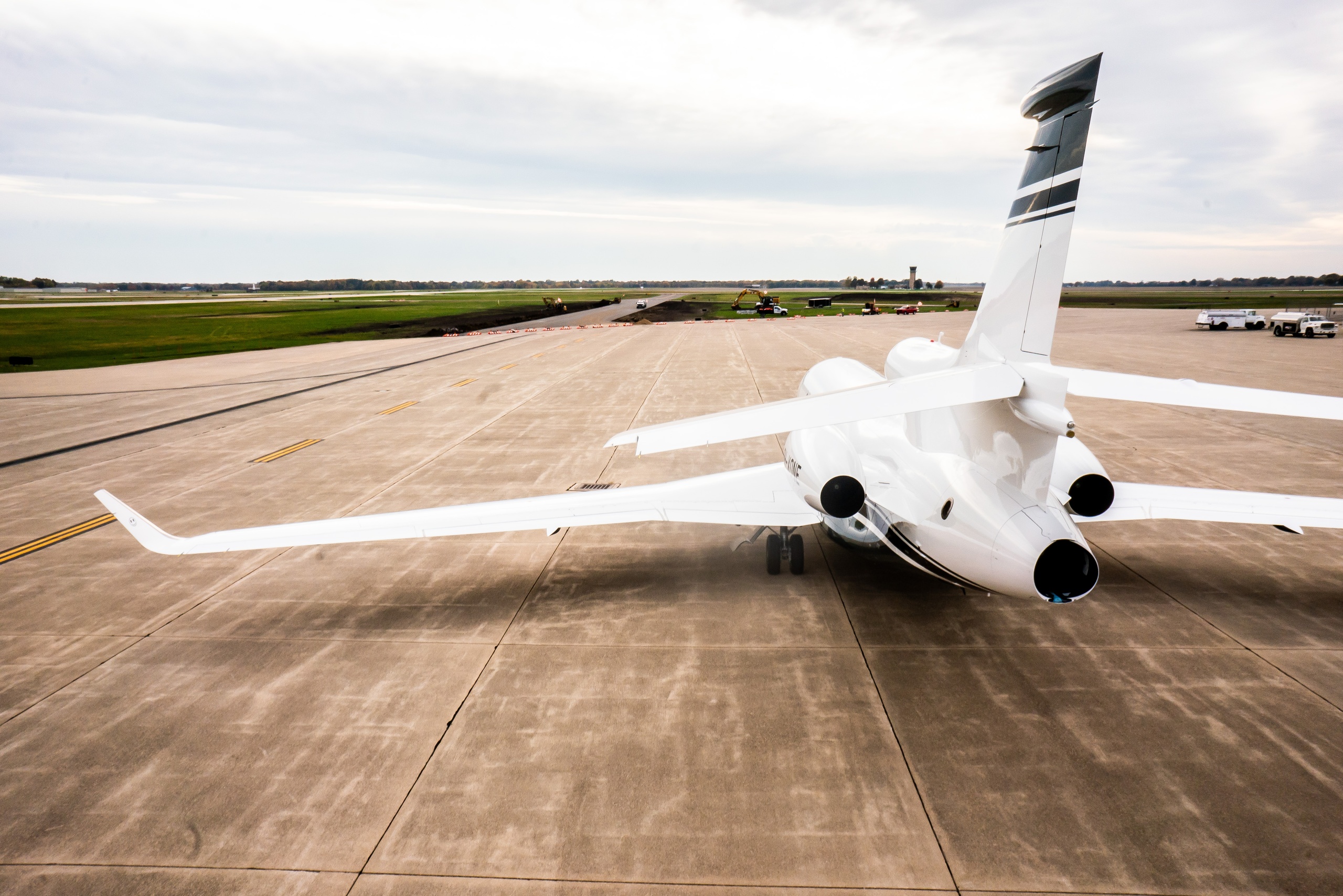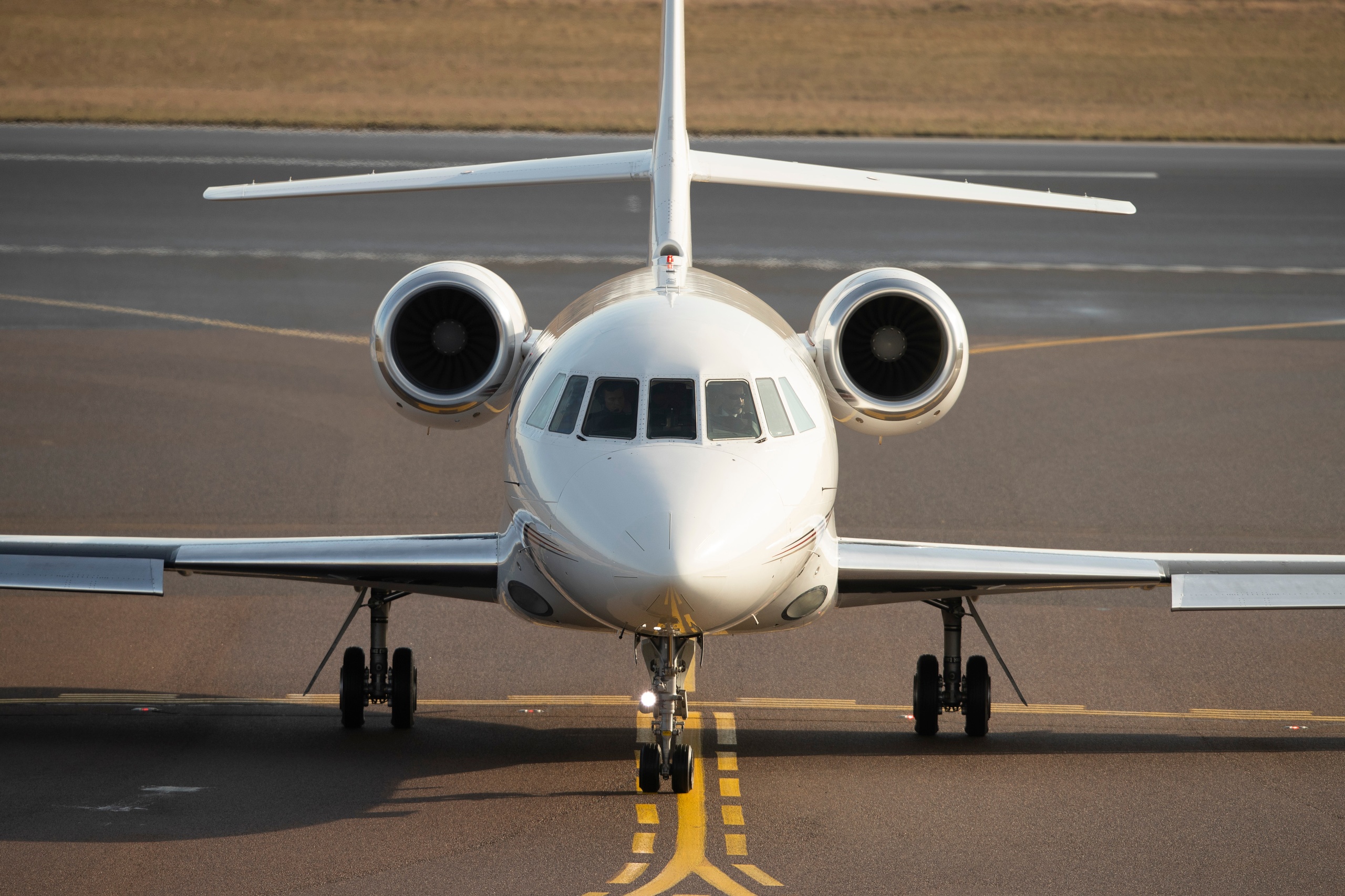Five Mistakes Every Aircraft Buyer Should Beware Of Before Purchasing
There’s nothing more invigorating than purchasing a new jet. As the ultimate symbol of luxury and refinement, a private aircraft is an alluring investment for many high-net-worth individuals. Yet, an aircraft acquisition is also a daunting, multi-faceted undertaking that poses many risks for potential buyers with little experience. If you’re not vigilant, the hidden costs of aircraft ownership may throw cold water on your plans. That’s why we’ve put together a list of the five most common mistakes newcomers to the world of private aviation should beware of before purchasing.
1. Forgoing a Pre-Purchase Evaluation
A preowned jet is an attractive prospect for first-time buyers. While their purchase price is often much lower than the latest models, there’s the distinct possibility you’ll end up paying a premium on repairs if you forgo a pre-purchase inspection. As much as a plane looks sleek on the surface, there may be damage and wear that’s undetectable to the untrained eye.
Therefore, it’s essential to have a qualified professional check the aircraft, and its records, for any essential problems or maintenance issues that may arise in the future. You’ll want a pair of fresh eyes, so be sure to enlist an independent A&P/IA who has never performed maintenance on the private aircraft before. If it is found to have faulty equipment or compliance issues, it’s going to be difficult to force the previous owner to pay for the cost of repairs. So remember to do your due diligence – it’ll save you a headache and hundreds of thousands of dollars!
2. Failing to Plan for Maintenance
On sale price alone, a private aircraft is an expensive asset. After factoring in fuel prices, salaries for flight and ground crews, the rental fees for a hangar and insurance expenses, you ought to be prepared for millions of dollars of additional payments per year. For this reason, potential buyers should create an annual budget for scheduled maintenance expenses ahead of any purchase decision. Private jets, especially older models, are costly to operate, requiring specially qualified and licensed mechanics as well as an aircraft hanger.
Private planes may also need replacement parts that are either no longer accessible or are only available by special order. It’s common for these parts to take weeks and even months to arrive, with bills often adding up to five-figures. By failing to prepare a maintenance budget, new aircraft owners run the risk of failing to keep up with the costs of an annual inspection. To anticipate costs, have your mechanic check the logbook of the aircraft for any recurring airworthiness directives (AD) or any modifications to the aircraft.

3. Purchasing the Wrong Aircraft
It’s tempting to purchase the largest, most luxurious aircraft on the market. After all, who wouldn’t want the best aircraft for any business purpose? Before you put down an offer on any business jets, ask yourself whether a light jet would accommodate your number of travel hours. The worst mistake is to purchase an aircraft that exceeds your needs. Heavy jets are more expensive to operate – they use up more jet fuel, need bigger hangers and cost more to insure.
If you’re only traveling to Europe once a year, it most likely makes sense to use a smaller aircraft. A handy tool for evaluating aircraft is the 80/20 rule. First, identify a private jet that meets 80% of your travel requirements. Then, consider using another form of private aviation – such as jet cards, fractional ownership or private charter – to manage the remaining 20%. This rule ensures that your aircraft will meet your unique requirements for travel.
4. Thinking Charter Can Pay for your Jet
Many aircraft owners believe that charter flights will offset the majority of their expenses. While it may help cover some more minor costs like crew salaries or hangar rent, it’s unusual for an aircraft charter to make any significant contribution to your bottom line. One reason for why the numbers fail to add up is that customers often want immediate access to your flight hours at all times, even when you need the private aircraft for your own use.
In order to make private charter profitable, an aircraft owner must make a private plane available up to 75% of the time. But beware, the constant flying will devalue your aircraft and make more maintenance necessary, especially for older jets. The rise in fuel prices may make private charter even less appealing. If you’re still committed to making it work, then remember that newer, more eco-friendly corporate jets have a decided advantage here.
5. Choosing a Reliable Acquisition Expert
Private jet brokers and acquisition services are the best means for navigating the pitfalls of any transaction process. A successful aircraft acquisition calls for qualified private aviation consultants with years of expertise and a meticulous commitment to detail. These aviation professionals will not only guide you to the most sensible aircraft for your needs, but will also advise on tax exemption, FAA regulations and the considerable time spent on operating and maintaining a private aircraft.
Freestream’s highly qualified team of aircraft brokers have one of the finest legacies in private aviation. We are a full-service aircraft management company, offering our clientele an unparalleled array of best-in-class services from the monitoring of ongoing maintenance schedules to the hiring of experienced A&P technicians. Robert Hang, the head of our maintenance and mechanics team, recorded the highest safety records in corporate aviation while serving in the Ford Motor Company’s aviation division. We only partner with the most capable of aviation attorneys and luxury design services to refurbish and redesign your aircraft to the highest of standards.
No matter how complex the acquisition, we provide our clients with the exclusive opportunity of a smooth, effortless transaction.
